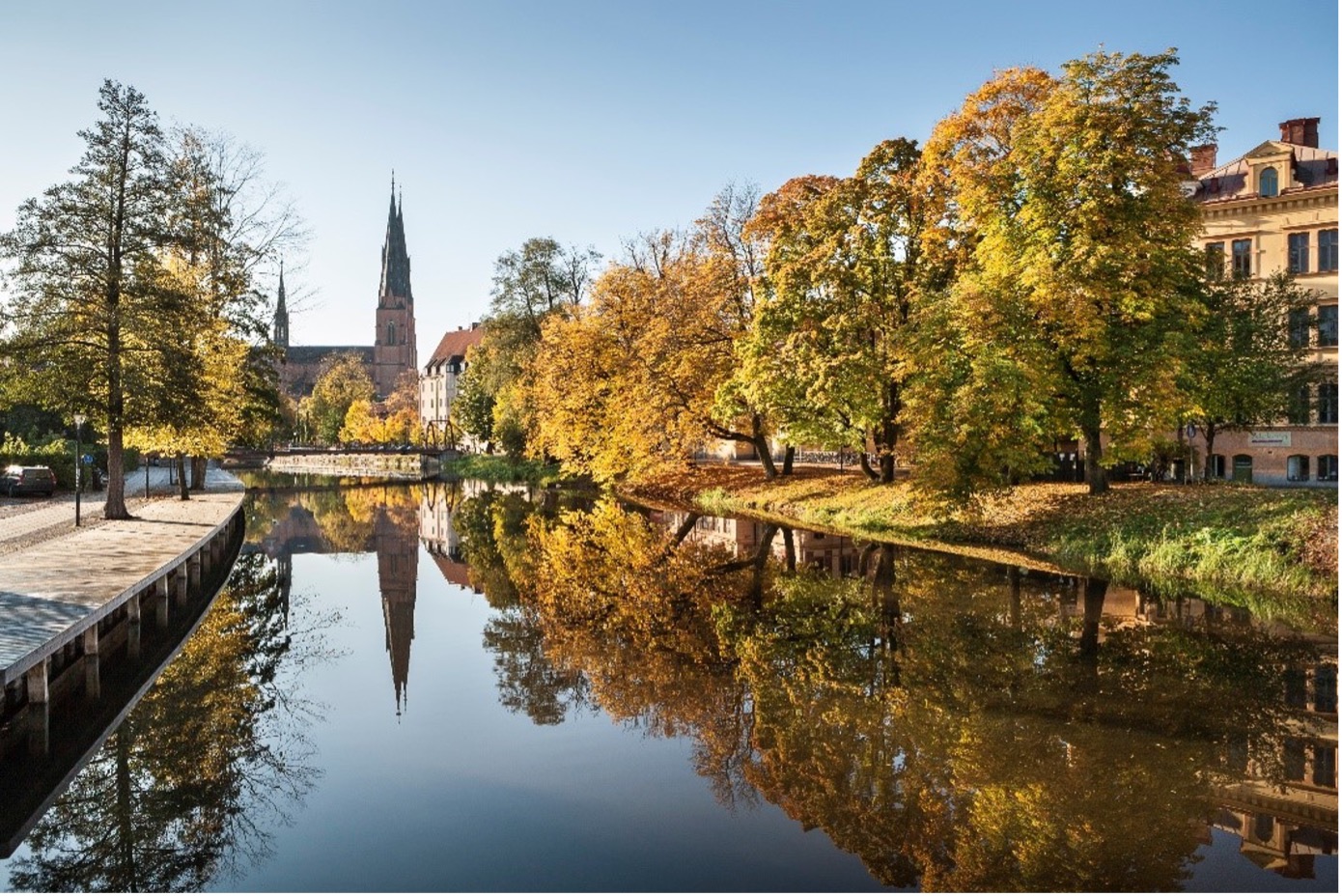SCALE UP - Systematic Climate Action to Lower Emissions in Uppsala

Description of activities
Although widely regarded as one of Europe’s most sustainable mid-sized cities, Uppsala is not on track to meet its long-term climate goals. In fact, the pace of Uppsala’s climate transition will need to increase at least fivefold to reach net neutrality by 2030 and get in line with a 1.5-degree pathway.
To close this gap, the NetZeroCities pilot activities aim to:
- Redefine Uppsala’s climate governance through the development of a new municipal carbon budget. More than just communicative tools, the carbon budget and accompanying climate investment plan will become key parts of Uppsala’s annual budgetary procedure: setting binding emission caps for municipal departments and companies and establishing new forms of collaboration among them.
2. Boost Uppsala’s circular economy by promoting material flows in the building sector and developing recycling schemes that support private households. These actions will be critical for reaching Uppsala’s long-term climate goals, not least given Uppsala’s expected population increase from around 235,000 in 2021 to 325,000 in 2050.
3. Empower local stakeholders in the climate transition. This, too, will be critical for Uppsala’s climate goals, given that significant portions of local emissions occur outside of the municipality’s direct control. By making the new carbon budget a key point of reference for co-creation with businesses, academia, civil society, and residents, Uppsala aims to pave the way for an inclusive transition towards net zero.
Objective
To redefine the city’s climate governance, boost its circular economy, and empower local stakeholders in the climate transition, in line with a 1.5 degree pathway.
Are the pilot activities building upon or part of a previous and/or existing activity?
The pilot activities will build on several existing policies and activities, including:
- Uppsala municipality’s stated goal of reducing carbon emissions by 10-14 per cent per year until 2030, in line with a 1.5-degree pathway;
- Existing policies and initiatives to promote Uppsala’s circular economy, including a central logistics centre for reusable building materials;
- Existing networks for local stakeholder engagement such as Uppsala Climate Protocol – a local network comprising over 40 companies, universities, civil society organisations, and municipal actors.
Which emissions domains will the pilot activities address?
Systemic transformation – levers of change the pilot activities will exploit
Stakeholder types that you would like to engage in the pilot activities
Transferable features of your pilot activities to a Twin City/ies
- Carbon budget and climate investment plan;
- Circular schemes that aim to increase material flows in the building sector and support private households;
- Collaborative models for engaging local stakeholders, including business, academia, civil society, and residents.
This answer is not exhaustive and simply an indicative one.
Components of the transferable features
Project deliverables are still being defined, but the following components – amongst others – could be of interest to potential Twin Cities”:
1. Carbon budget and climate investment plan:
- Definition of system boundaries;
- Impact logic framework;
- Implementation plan.
2. Circular schemes that aim to increase material flows in the building sector and support private households:
- Model for reuse of building materials, encompassing – amongst others – a material broker and central logistics centre;
- Processes for refurbishing existing buildings with reused materials;
- Concept for a centrally placed recycling centre that works in an urban setting;
- Methods to minimise and handle tenants’ bulky waste.
3. Collaborative models for engaging local stakeholders:
- Uppsala Climate Protocol, a local network comprising over 40 companies, universities, civil society organisations, and municipal actors;
- Stakeholder engagement that will be carried out in the context of the various project activities.
This answer is not exhaustive and simply an indicative one.
What does the city want to learn from Twin City/ies?
- An outside perspective on Uppsala’s pilot activities;
- Suggestions for improving the efficacy of Uppsala’s policies.
This answer is not exhaustive and simply an indicative one.

